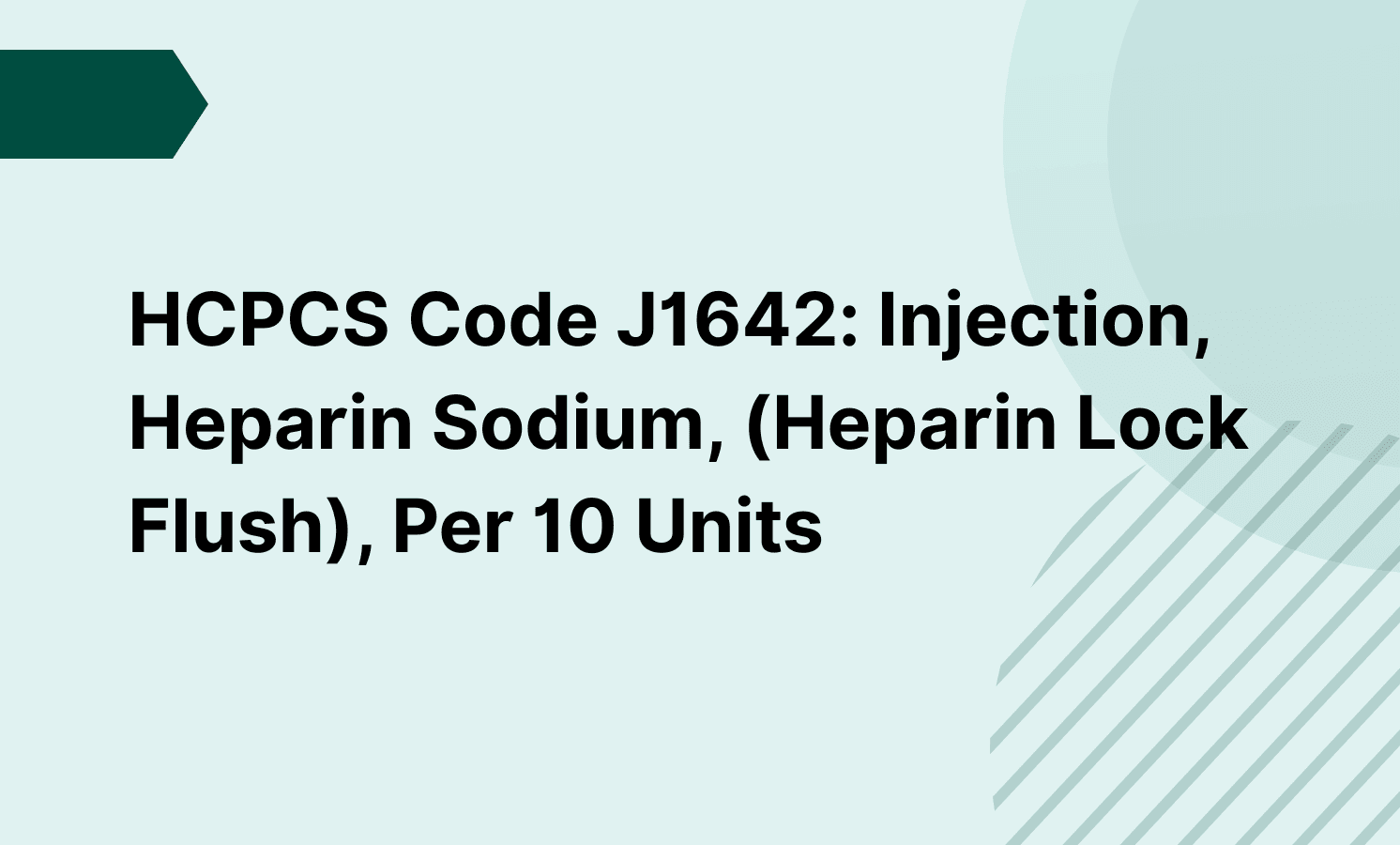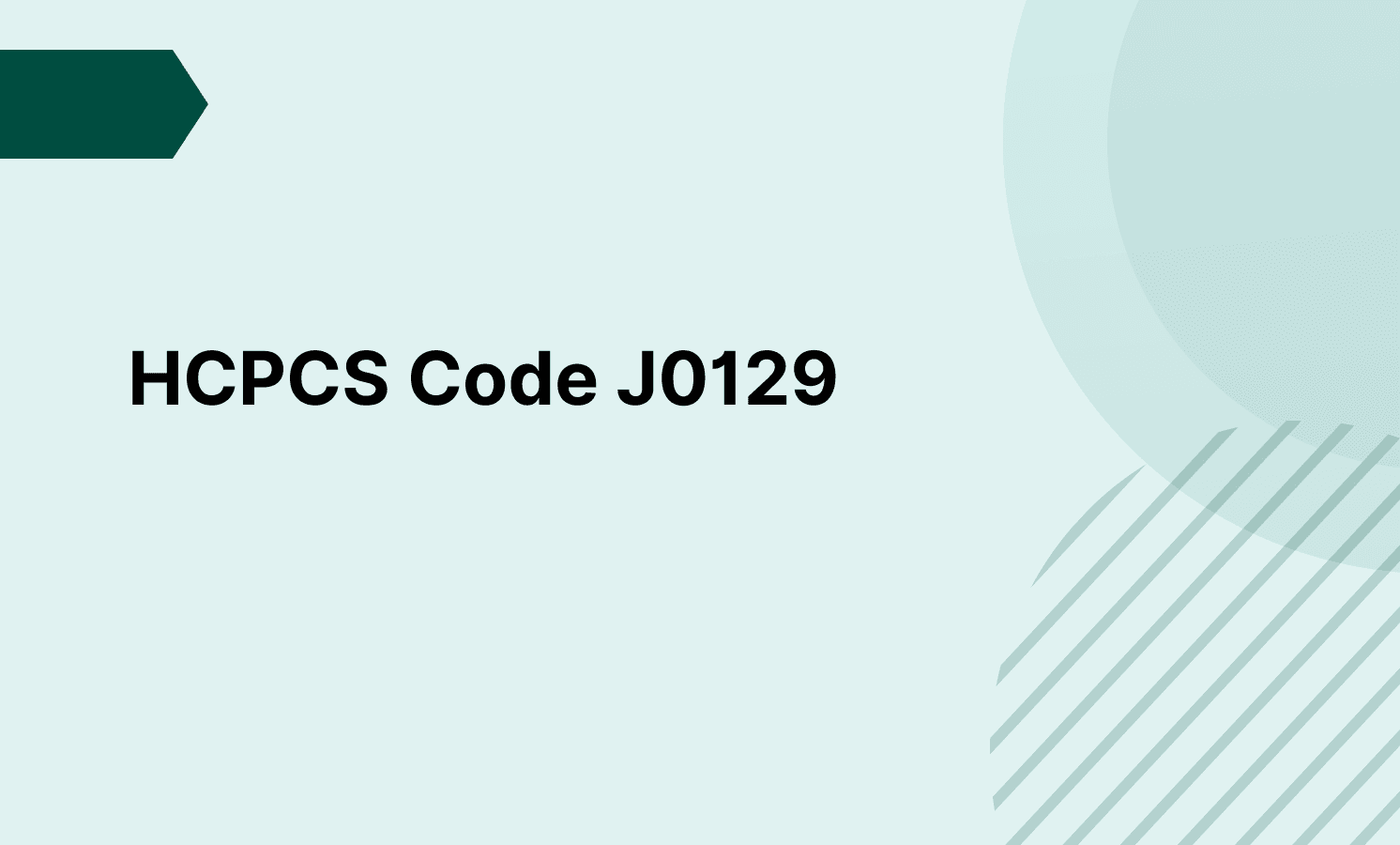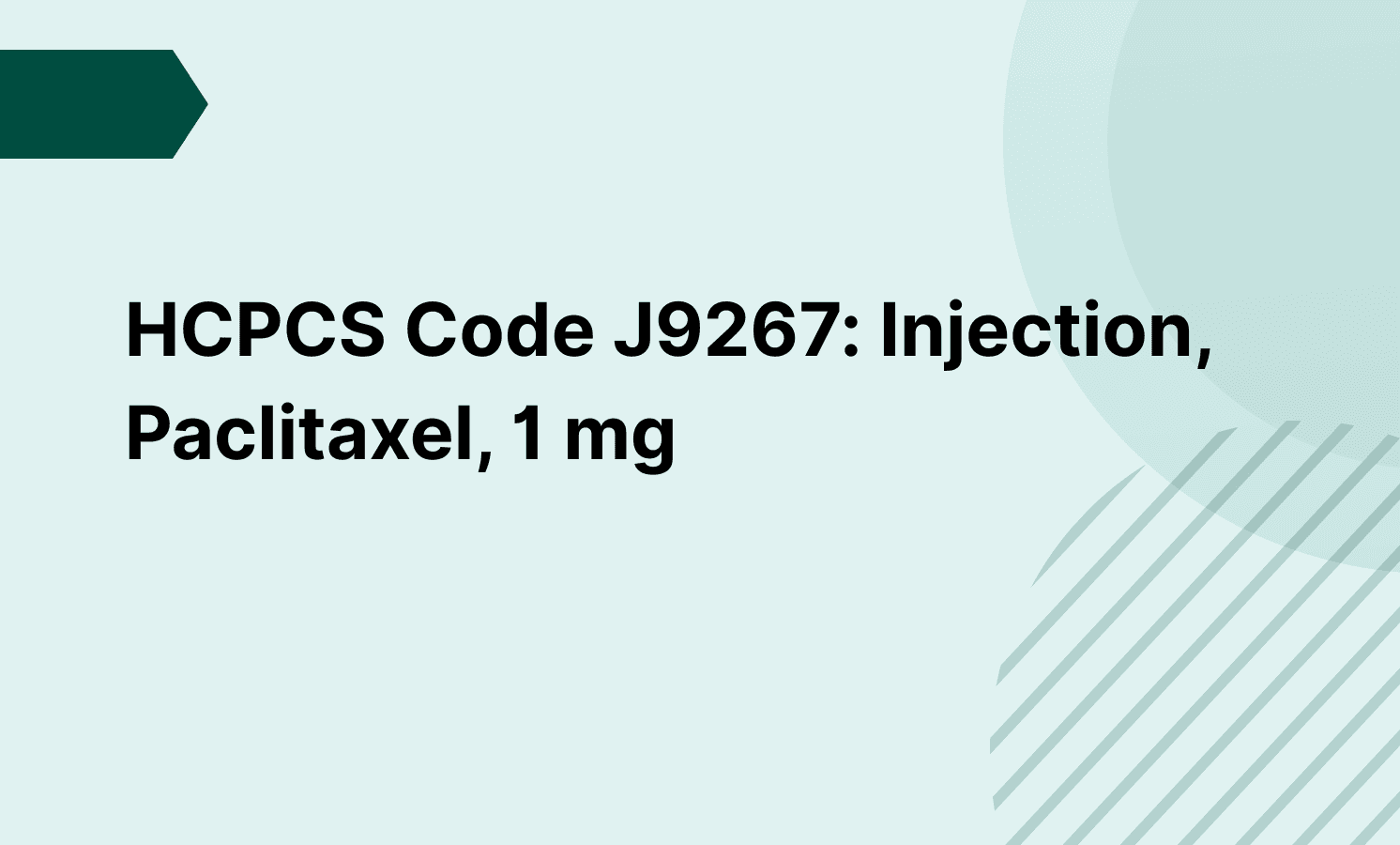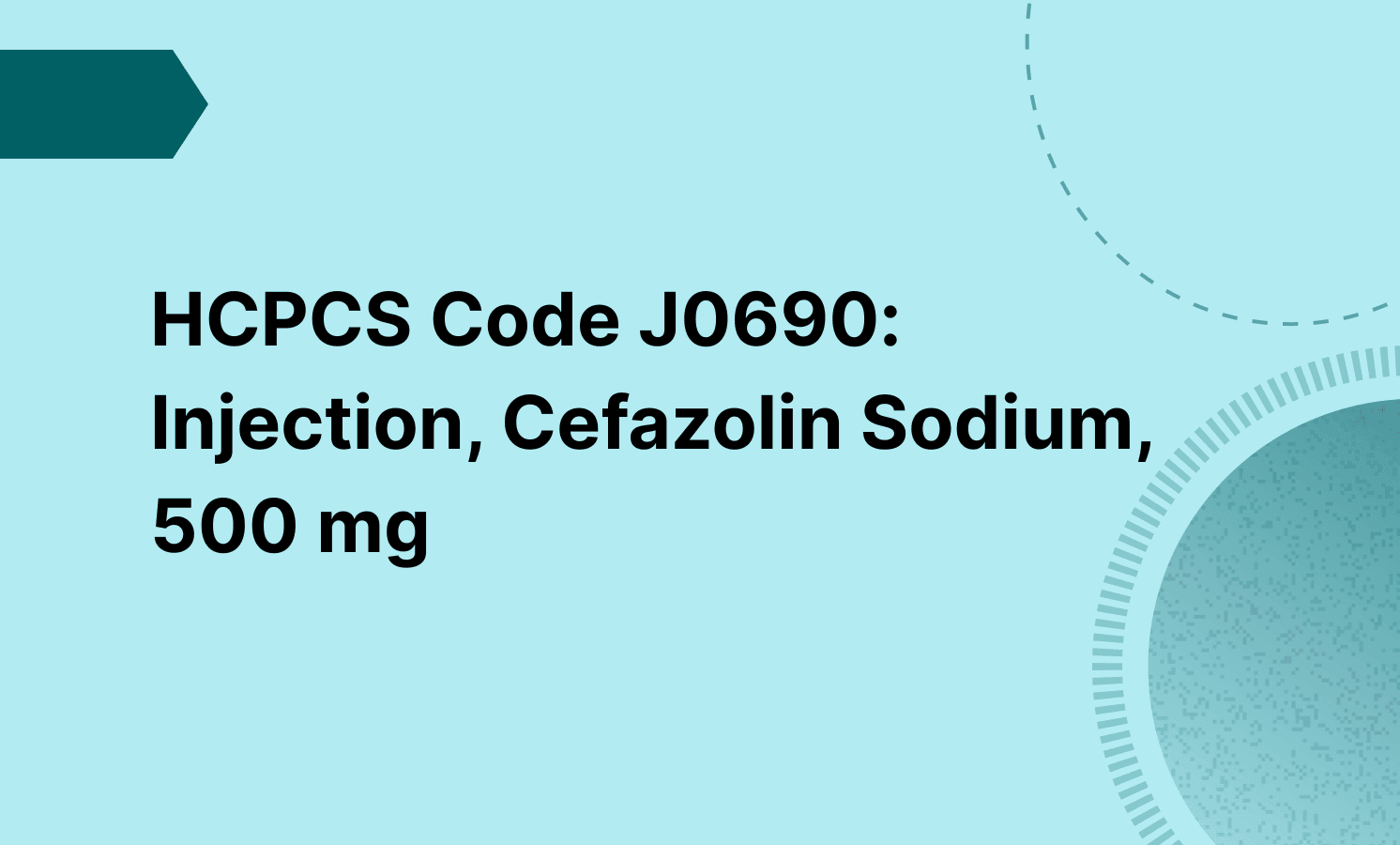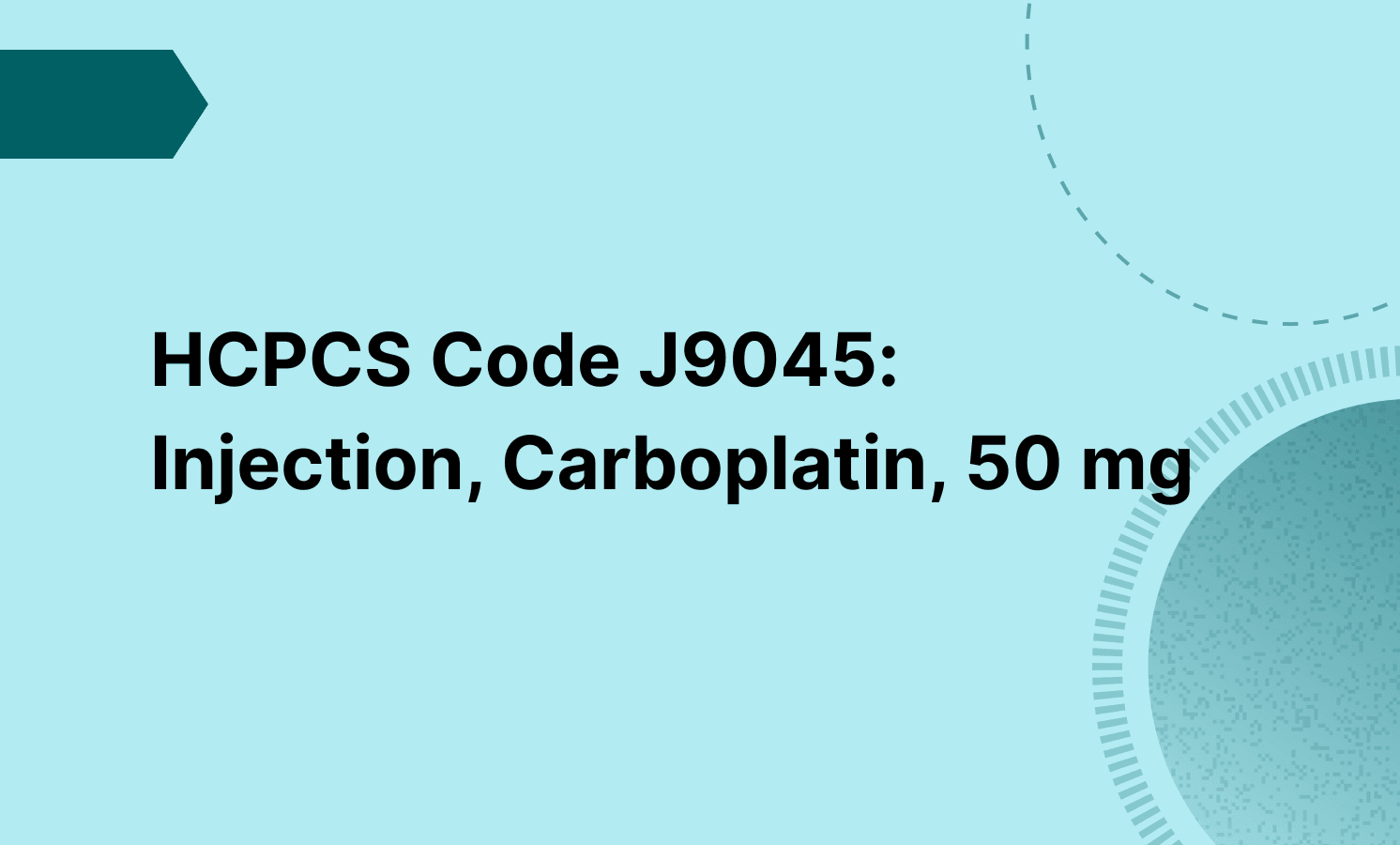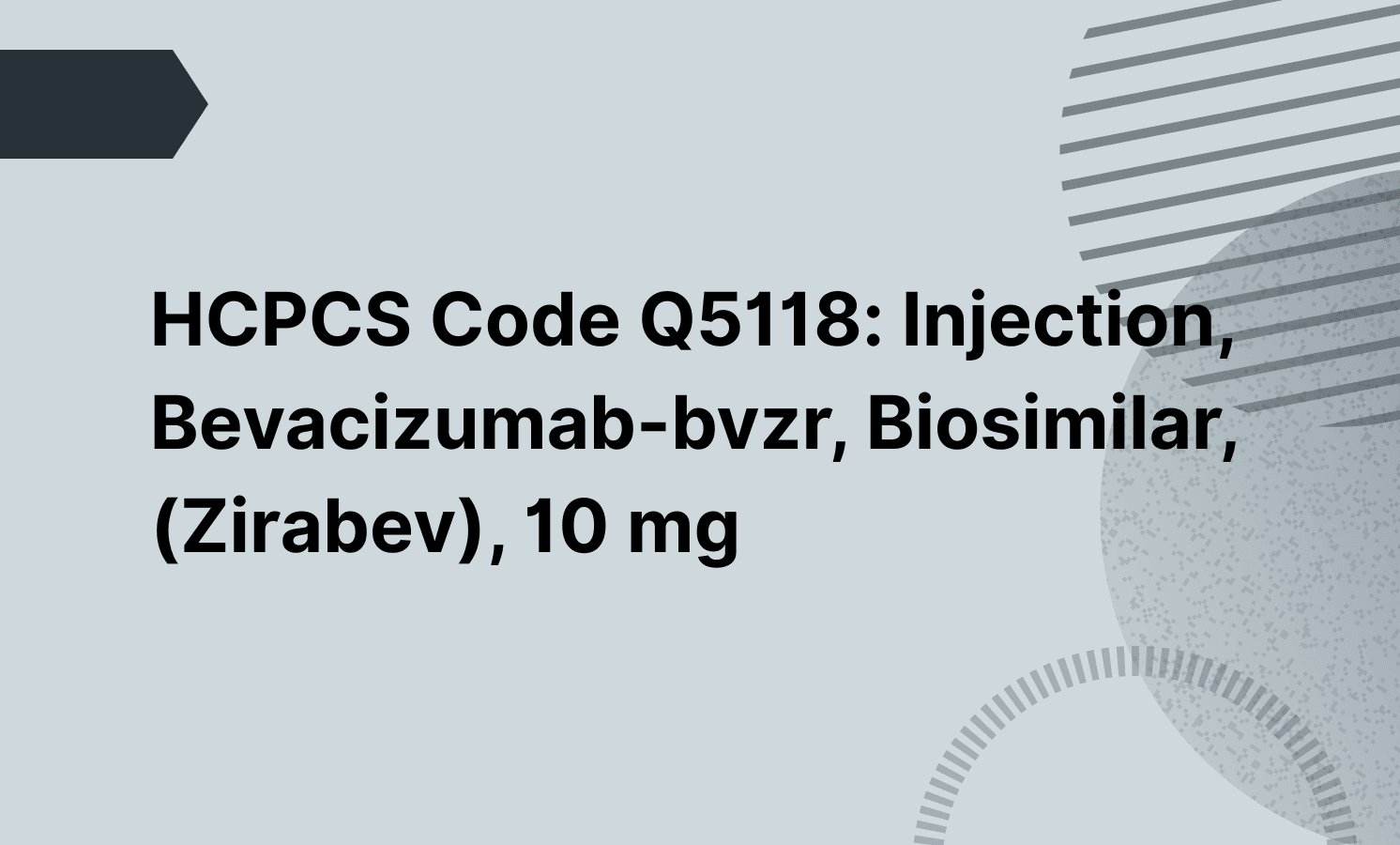A CPT code 99215 visit typically involves 40 to 54 minutes of face-to-face time spent on the date of the encounter. While the main focus is on complexity, the duration still serves as a common benchmark.
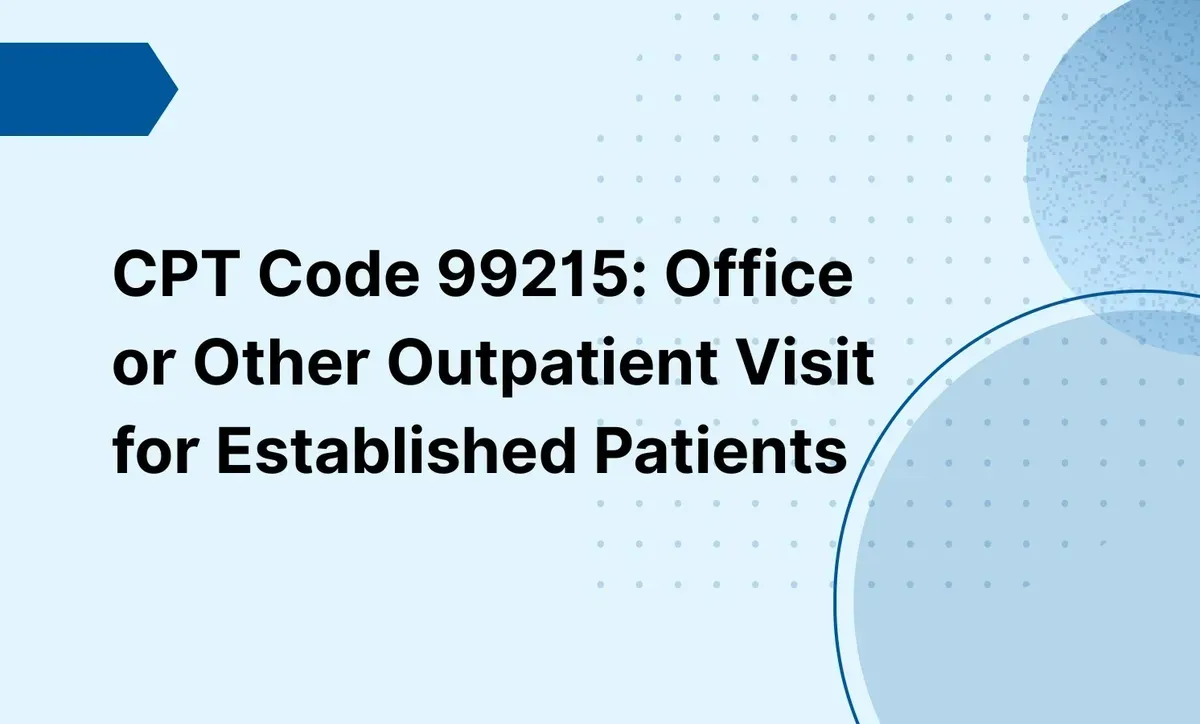
CPT Code 99215: Office or Other Outpatient Visit for Established Patients
Learn more about the 99215 CPT code with our essential guide to E/M billing. Know more about best practices and improve coding accuracy.
Frequently asked questions
The primary difference between CPT codes 99214 and 99215 lies in the complexity and time of the visit. Code 99214 is used for visits requiring moderately complex medical decision-making and typically lasts 30 to 39 minutes, with a detailed history and examination. In contrast, 99215 is reserved for high-complexity cases involving comprehensive history, thorough physical examination, and high-complexity medical decision-making, with visits lasting 40 minutes or more. The higher complexity and time requirements of 99215 usually result in higher reimbursement rates compared to 99214.
Yes, Medicare covers CPT code 99215 for office or other outpatient visits involving established patients. Medicare recognizes 99215 as representing a high-complexity evaluation and management service and reimburses accordingly.
EHR and practice management software
Get started for free
*No credit card required
Free
$0/usd
Unlimited clients
Telehealth
1GB of storage
Client portal text
Automated billing and online payments

